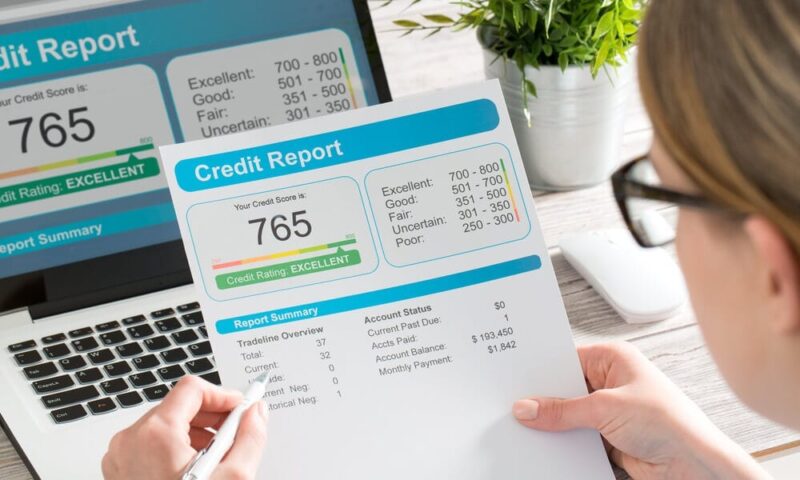Let’s be honest—divorce can shake up every corner of life. And when it comes to money, things can get especially messy, fast. Emotions run high, paperwork piles up, and suddenly, you’re juggling legal bills and late-night worries about retirement accounts.
So, how do you protect yourself financially through it all? Not in theory—but for real. With practical moves and smart choices that won’t leave you scrambling later.
Before Anything Is Filed

Even if you’re just thinking about separation, it’s smart to start preparing now. Quiet prep work, done early, can save you a ton of stress later. Before initiating any legal proceedings, it’s wise to consult with family solicitors to understand your rights and options.
Start here:
- Gather financial records – Bank statements, credit card bills, tax returns, mortgage papers, investment accounts, car titles—grab copies of everything. If it has a dollar sign on it, you want it.
- Know what you own (and owe) – Some folks are shocked by debts or surprised by hidden accounts. Make a list of all assets and liabilities. Joint and individual.
- Track household spending – Get a rough monthly picture: rent/mortgage, groceries, utilities, subscriptions, kids’ stuff, etc. You’ll need this later when talking about support or splitting expenses.
- Think ahead about credit – If most accounts are in your spouse’s name, or if you’ve got joint cards, now’s the time to open a credit card in your name alone. You want a clean financial identity.
A quick note: if things feel unsafe or controlling at home, speak to a lawyer or advocate before making any moves. Privacy and security matter.
During Divorce
Once the process starts, things get real. Emotions run the show sometimes, but the numbers still matter. Here’s where a cool head and the right people on your side make a difference.
Key steps to keep in mind:
- Hire a good attorney – Not just any lawyer—someone who gets your financial goals. You want someone who’ll fight for a fair outcome, not fuel unnecessary battles.
- Ask about a financial advisor – Some specialize in divorce (called CDFA®s), and they’re gold. They can model how different settlements might affect you long-term—super helpful.
- Freeze joint accounts if needed – If there’s risk of one person draining accounts, act quickly. Your lawyer can help you protect assets legally.
- Think beyond the house – It’s easy to get attached to the family home. But can you really afford it solo? Look at the full picture—maintenance, property taxes, refinancing—before you say yes.
And don’t forget taxes. Splitting retirement accounts? Selling property? All those choices have tax implications that can sneak up later.
After the Dust Settles

Once the papers are signed, it might feel like a huge weight’s lifted—but the money work isn’t done just yet. Now’s your chance to rebuild with clarity and confidence.
A few smart moves to make:
- Update your will and beneficiaries – Your ex may still be listed on everything from insurance policies to retirement plans. Time for a fresh start.
- Check your credit report – Look for any lingering joint accounts or surprises. You can pull it for free at least once a year.
- Build a new budget – Your income, expenses, and priorities have all shifted. What worked before might not work now—and that’s totally okay.
- Set some new financial goals – Maybe it’s finally building that emergency fund, or saving up for a solo vacation. Ground yourself in something positive.
You’ve just been through something life-altering. Be gentle with yourself.
Final Thoughts
Protecting your finances during divorce isn’t just about the money—it’s about peace of mind. It’s knowing that future-you won’t be picking up the pieces someone else dropped. You don’t need to have it all figured out, but you can take steps—quiet, steady ones—that make all the difference later.
You’ve got this. And if you ever feel overwhelmed, remember: support exists, and asking for help is one of the most powerful financial moves you can make.


